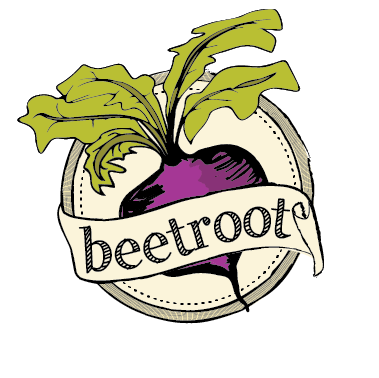That One Farmer Guy
That One Farmer Guy… Everybody Knows Him. Or do they?
Matt Baker, owner of That One Farmer Guy, LLC, was a delight to talk to. I love picking the brain of young, first-generation farmers and workers that care about the slow food movement. They are the people that are willing to do what it takes to figure it out. And it's never easy... it often means using up savings, managing contracts, physically demanding work, managing 15 different facets of a business, and at the end of the day, trying to keep a living product fresh to go to market.
Matt's business has evolved from formerly "Master Plan Farm" to "That One Farmer Guy, LLC", each year getting smarter and more efficient with growing methods, how to market, workflow, and where to sell. Matt's business cultivates over 25,000 lb of hand-tended produce each year! Tell me that isn't impressive. I asked him my pressing questions about his business and experience. You'll just have to read the interview below to get to know Matt Baker and his unique slow food business.
You said you were growing things when you were little. What was an early memory you can recall about growing that got you excited about it?
"I was really young, maybe kindergarten or first grade. My mom used to sort pinto beans and I just grabbed some and stuck them in the ground and they grew. I thought that was pretty amazing! And I fostered that in high school when I was in FFA."
You started using your growing talents in your business about 5 years ago. What led up to that?
"I was in landscaping and I really enjoyed that business, but I noticed how much spray was getting in to our water supply and also killing bees. It really bothered me; I had to get out of that."
“I was really young, maybe kindergarten or first grade. My mom used to sort pinto beans and I just grabbed some and stuck them in the ground and they grew. I thought that was pretty amazing!”
What do you grow and how much?
"Tomatoes, salad mixes, head lettuce, cucumber, zucchini, radish, turnip, beets, rainbow swiss chard, lots of kale, spinach. My biggest crops are: Tomatoes at 15,000 lb/ year in red beefsteak and cherry tomato and they are harvested May- Thanksgiving. And my salad mix is about 4,000 lb/ year and that's harvested year round."
Salad mix
What is different from your lettuce mix versus an organic lettuce mix from Walmart?
"Time from harvest to table is a big difference; but more importantly, I can monitor the soil quality more closely than huge operations. It makes a better product."
“I can monitor the soil quality more closely than huge operations. It makes a better product.”
What are some of the hardest lessons you've had to learn in the growing business?
"The most challenging part is turning the growing of food into the business/ marketing; that was the biggest learning curve. Winter growing can be really difficult when there's negative temps and you lose crops."
Part of his salad mix
What do you enjoy most about this business?
"The beauty of it... everyday there's something nice to look at."
Matt’s boots. Pretty great, huh?
Where do you see the "organic food" trend in 10 years?
"It's definitely not going away. There are some newer cases of people violating organic standards, but I don't see the people that actually care about producing food violating any standards... they care about the food and the land."
Is it hard to keep the soil built up with nutrients when you're constantly turning over crops in these high tunnels? What do you add to the soil to keep it in tip top shape?
"Lots of compost is the most important thing; I buy all my compost from a local place. That helps me ensure my certification is up to date. I also still do soil tests and may have to add calcium or other nutrients to keep it all up."
What's the certification you have?
"The USDA has approved my process from seeding to packing. I am held to the same standards as these huge mega farms."
How can people buy from you?
"In the summer at my physical farm stand at my farm: 5005 County Road 13 in Bryan or at the Farmers' Markets on Thursdays in Bryan on the square. Another channel I use to sell besides direct to consumer is I sell to about 5-8 restaurants, depending on the week. I have the privilege of selling to the Bryan Hospital too."
There you have it from That One Farmer Guy. See, everybody knows him. If not, you’ll be getting to know him and others like him, the people on the front lines of the slow food movement. As we think more holistically in terms of our wellness and we want to regain control over our health, we will be looking more and more for those local producers like Matt. He and other small farmers are the backbone of the organic movement, as far as I’m concerned. They are cultivating more than food; they are cultivating life.







